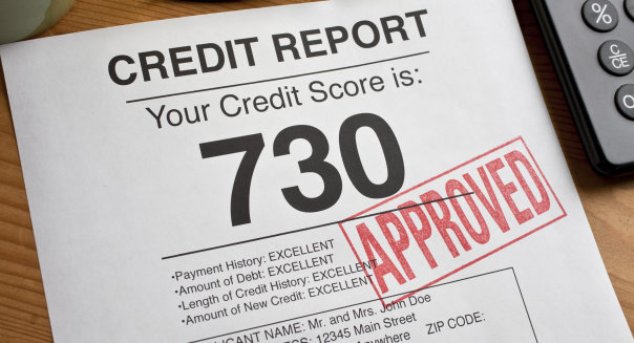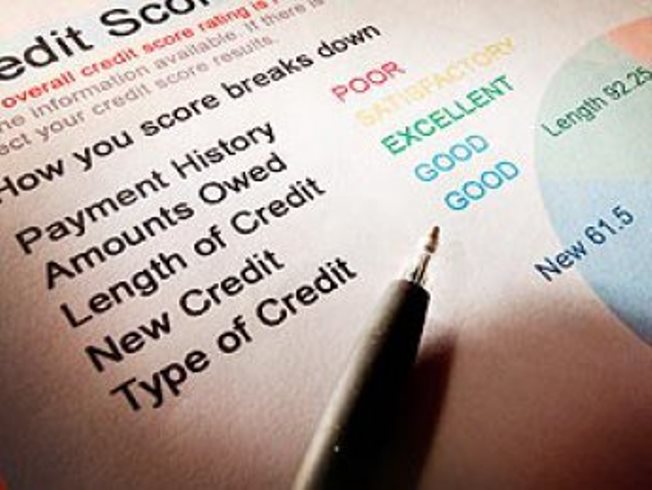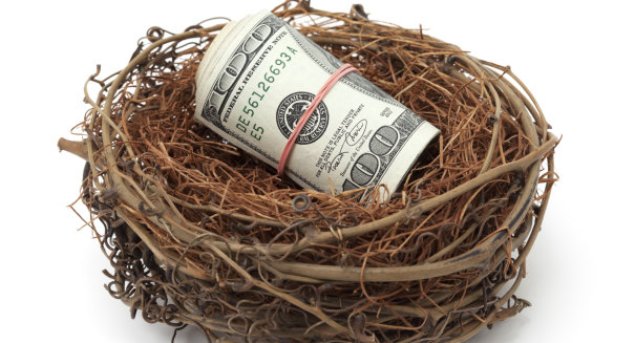Credit card experts debunk common misconceptions about credit scores.
ST. LOUIS — Three numbers can affect everything from securing a mortgage or loan to how much interest you'll pay when you're approved for a house. And while they're just three numbers — that typically range from 300 (very bad) to 850 (very good) — there's a lot of information and regulations behind them. But don't worry, if a thing or two about your credit score has left you scratching your head, you're not alone.
“Consumers look at their credit report and they're like, ‘I don't understand it. I don't know what it means,' ” says Gerri Detweiler, director of consumer education for credit.com and host of Talk Credit Radio.
To clear up the confusion, several credit experts spoke at FinCon, a financial conference in St. Louis last week, and debunked misconceptions about credit scores. Here are 10 common things consumers tend to get wrong about their scores.
1. The credit bureaus Experian, TransUnion and Equifax evaluate my credit score. The three bureaus generate credit reports, but they have nothing to do with judging your credit score or advising lenders whether to approve or deny an application. “The credit report does not rate your credit,” says Maxine Sweet, Experian's vice president of public education. “It simply lays out the facts of your history.” So who determines what your credit score means? Companies such as fico and VantageScore Solutions evaluate your credit risk level — what lenders use to decide how risky it is to give you a loan — based on your credit report. Separate scoring models have been developed to help businesses predict if a consumer will make payments as agreed, and the credit score is just one factor used in the model.
2. There's only one type of credit score. There are actually many different scores. For example, FICO has several models with varying score ranges. “If you get your FICO score from one lender, that very likely won't be the same score that you would get from another lender, even though they're using the FICO model,” Sweet says. Consumers shouldn't focus on the number, she adds. Instead, look at where your score falls on the risk model and what influences that risk. If a lender declines your application or charges you a higher fee because of your risk, it will disclose factors that are negatively impacting your risk, Sweet explains. “Those factors will tell you what behavior you will need to change to change your credit history,” she says.
3. When I close a credit card, the age of the card is no longer factored into my credit score. The only way you lose the benefit of a card's age is if a bureau removes the account from a credit report, says John Ulzheimer, credit expert at CreditSesame.com. “As long as it's still on a credit report, the credit scoring system still sees it, still sees how old it is and still considers the age in the scoring metric,” he says. Take Ulzheimer's father as an example: He uses a Sear's credit card he opened in 1976, which is the oldest account on his credit report. “The assumption is if he were to close that card, he would lose that decades-long history of that card and potentially lower his score. That's not true,” Ulzheimer says. However, there is one caveat: The score would be lost after 10 years (see No. 4).
4. A credit card stops aging the day I close it. Even when you close an account, the credit card still ages. For instance, if you close an American Express card today, the card will be one year older a year from now. And as explained above, you won't lose the value of the card's age. “Not only does it still count in your score, but it continues to age,” Ulzheimer says. However, a closed account will not remain on your credit report forever. The credit bureaus delete them from credit reports after 10 years, according to Sweet. There's just one exception: “If the account is in a negative status, it will be deleted at seven years because we can only report negative account history for seven years,” she says.
5. I need to carry debt to build credit. To debunk this, Detweiler points to her friend who went through a divorce and lost his home in the process. He wanted to rebuild his credit so he got a secured credit card with a $500 limit. According to Detweiler, he only made the minimum payments because he thought it was good for his credit score to have debt. In reality, he hurt his credit by maxing out the card and carrying debt. As Detweiler says, her friend made a big mistake. “You can pay your balances in full and still build good credit,” she says.
6. Medical debt is treated differently on credit reports. Credit bureaus do not discriminate when it comes to medical payments. Typically, medical bills are not reported to a bureau unless the bills are sent to a collection agency. When that happens, “medical collections are the same as any other collections,” Detweiler says. “They are a serious negative. The more recent they are, the more it affects your score.”
7. A credit repair company can only remove inaccuracies to improve my score. While it's true credit repair companies help you get inaccurate information corrected on your credit report, they can sometimes go one step further. “The real core competency of a credit repair company is to get stuff that's negative removed from your credit report — whether it's accurate or inaccurate,” Ulzheimer says.
Read more: 10 Things Consumers Don't Understand About Credit Scores





